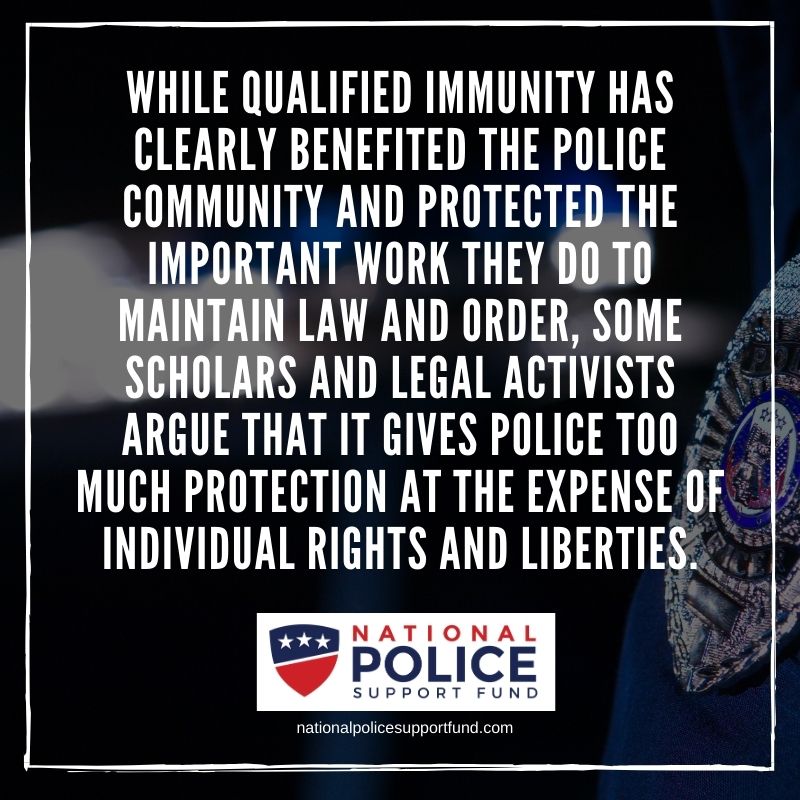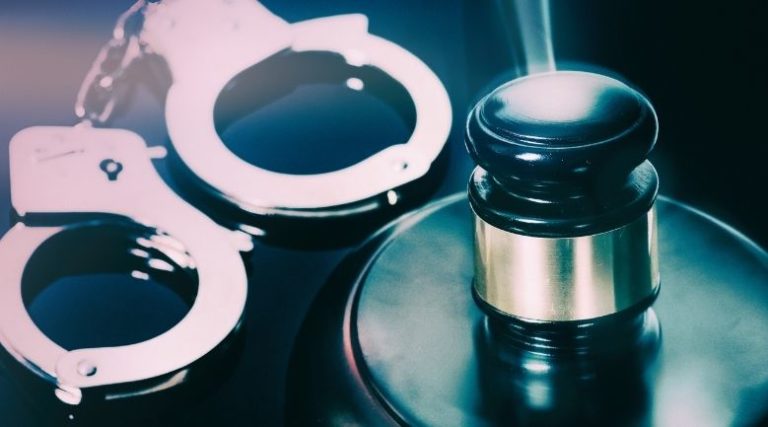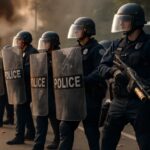As homicides and other violent crimes continue to rise around the country, qualified immunity is essential for allowing police to do their jobs without fear of baseless legal action that could ruin their reputations and their careers.
This article will review why we need qualified immunity, as well as why some people want to see it end.
Justification for Qualified Immunity
Qualified immunity was first introduced in the 1967 Supreme Court case Pierson v. Ray. The case stemmed from the arrest of 15 Episcopal priests who entered a bus terminal in Jackson, Mississippi as part of the Mississippi Freedom Rides.
The priests were arrested and charged with breach of peace, a misdemeanor offense. They were found guilty and sentenced to four months in jail and a $200 fine, though the charges were later dismissed.
One of the priests arrested, Rev. Robert Pierson, was the son-in-law of New York Governor Nelson Rockefeller and decided to press civil charges against Police Captain JL Ray, arguing that the arrest violated his civil rights. Ray argued that, by arresting the officers, he was trying to prevent further violence from breaking out in an already racially-charged situation.
Pierson said that, in arresting the priests, police violated the Civil Rights Act of 1871, one of the laws passed during Reconstruction after the Civil War.
The civil case wound its way through the court system and eventually landed at the Supreme Court, which ruled 8-1 that police officers could be “excused from liability for acting under a statute that he reasonably believed to be valid but that was later held unconstitutional, on its face or as applied, similar to the principle that a police officer who arrests someone with probable cause is not liable for false arrest simply because the innocence of the suspect is later proved.”
Qualified immunity was further reinforced with the 1982 case Harlow v. Fitzgerald, where the Supreme Court ruled that: “government officials performing discretionary functions, generally are shielded from liability for civil damages insofar as their conduct does not violate clearly established statutory or constitutional rights of which a reasonable person would have known.”
In other words, police should not be held liable for damages based on actions taken to keep the public safe, even when those actions might violate existing laws. During a heightened period of violence in our country, the courts recognized the important role police play in keeping violence at bay and keeping communities safe and gave them the protection they need to do so without fear of baseless civil retribution.
Why People Want to End Qualified Immunity

While qualified immunity has clearly benefited the police community and protected the important work they do to maintain law and order, some scholars and legal activists argue that it gives police too much protection at the expense of individual rights and liberties.
Supreme Court Justice Sonia has called qualified immunity a one-sided approach that fairs government officials. She wrote in a 2018 opinion that qualified immunity “sends an alarming signal to law enforcement officers and the public. It tells officers that they can shoot first and think later, and it tells the public that palpably unreasonable conduct will go unpunished.”
Others argue that qualified immunity deprives ordinary Americans of a viable path to challenge institutional power held by police and other government officials. David Deerson, an attorney at the Pacific Legal Foundation, summed up this argument in an op-ed for National Review.
“Resolving disputes through the court system is part of what keeps society ordered and peaceful. It’s what staves off vigilantism. But it only works when access to the justice system is fair, equitable, and open to all,” Deerson wrote. “Qualified immunity blocks this outlet for social cohesion by making it impossible for countless individuals with real grievances even to make their case.”
Why Qualified Immunity Must Remain in Place
Despite the legal claims, it’s imperative that qualified immunity remains in place for police. Findlaw summarizes the main reasons why it’s important, particularly when it comes to law enforcement:
- Officers and public officials need qualified immunity to carry out their jobs. Public officials, and particularly police officers, perform vital tasks that may require split-second decisions in stressful circumstances. Taking away qualified immunity could lead to officers being hesitant to act when it is most needed.
- Removing qualified immunity could open up public officials and police to unwarranted lawsuits, in which judges and juries could second-guess split-second decisions and lead to significant costs for cities, police officers, and other public officials.
- Officers must have room to make mistakes or have moments of bad judgment without worrying about being sued.
Learn more about how you can support National Police Support Fund’s efforts to preserve qualified immunity for police on our qualified immunity resource guide.








